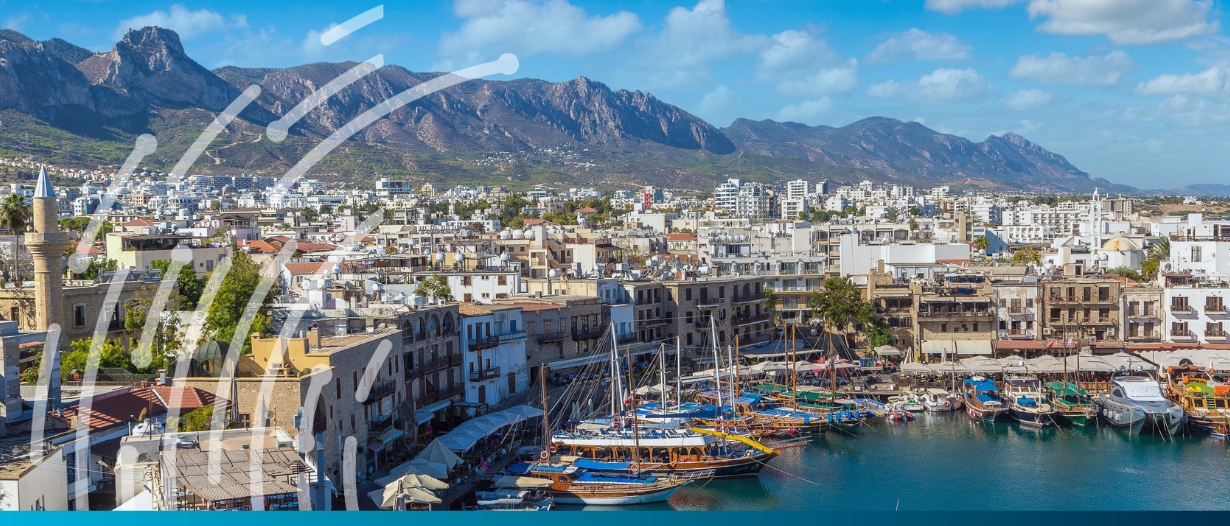Estimated reading time: 2 minutes
Moody’s Ratings announced on 22 November it had upgraded Cyprus’ long-term issuer and senior unsecured ratings from Baa2 to A3.
This is the first time the nation earned an A rating since the financial crisis in 2011 brought its economy to the verge of collapse.
Cyprus’ “material improvement in fiscal and debt metrics,” as evidenced by its strong economic performance in the past years, was cited as the key reason for the upgrade, which also changed the outlook to ‘stable’. Besides boding well for the Cypriot economy, the upgrade is expected to bolster investor confidence, driving foreign investment (FDI) to the country and further boosting growth.
The report predicts growth boosted by foreign companies, especially from Israel, Ukraine, and the Middle East, moving to the more stable economic environment of Cyprus, bringing skilled labour and investment with them. In this way, Cyprus is emerging as a safe haven for businesses from turbulent economies who are looking for a stable home with one foot in Europe and the other in Asia.
Cyprus, a small island country between Greece and Turkey, has been a small but mighty trading centre throughout its history, with strategic military importance and a crucial role in the export trade of Mediterranean countries.
Later, it became a banking and services hotspot until the 2008 financial crisis destroyed its financial industry, necessitating an EU bailout in 2013 to avoid bankruptcy. However, the country has come a long way since then, with a remarkable economic and fiscal recovery to rival that of many EU neighbours.
Cyprus’ debt-to-GDP ratio was brought down from 113.6% of GDP in 2020, a level comparable to Spain and Ireland, to 73% in 2023, and is expected to decrease further, dropping below 50% by 2027 according to Moody’s report. The ratings will only help to increase Cyprus’ economic momentum, reassuring investors and driving more FDI, highly skilled immigration, and growth in key sectors like information, finance, and business services.
Standard and Poor’s and Fitch’s reviews, both due out in December, are expected to confirm the rating, placing Cyprus in a strong position going into 2025; ratings of domestic banks, which are often just below the national standard, could also rise, further improving the national outlook.
Cyprus’ president Nicos Christodoulides called the ratings increase a “vote of confidence,” and vowed to continue efforts to “establish our country as a reliable and quality investment destination.” Especially as the geopolitical situation in the Middle East and Asia becomes more precarious, Cyprus can be seen as a more viable option for investment, at the centre of the growing services trade between Europe, the Middle East, and the rest of the world.
























